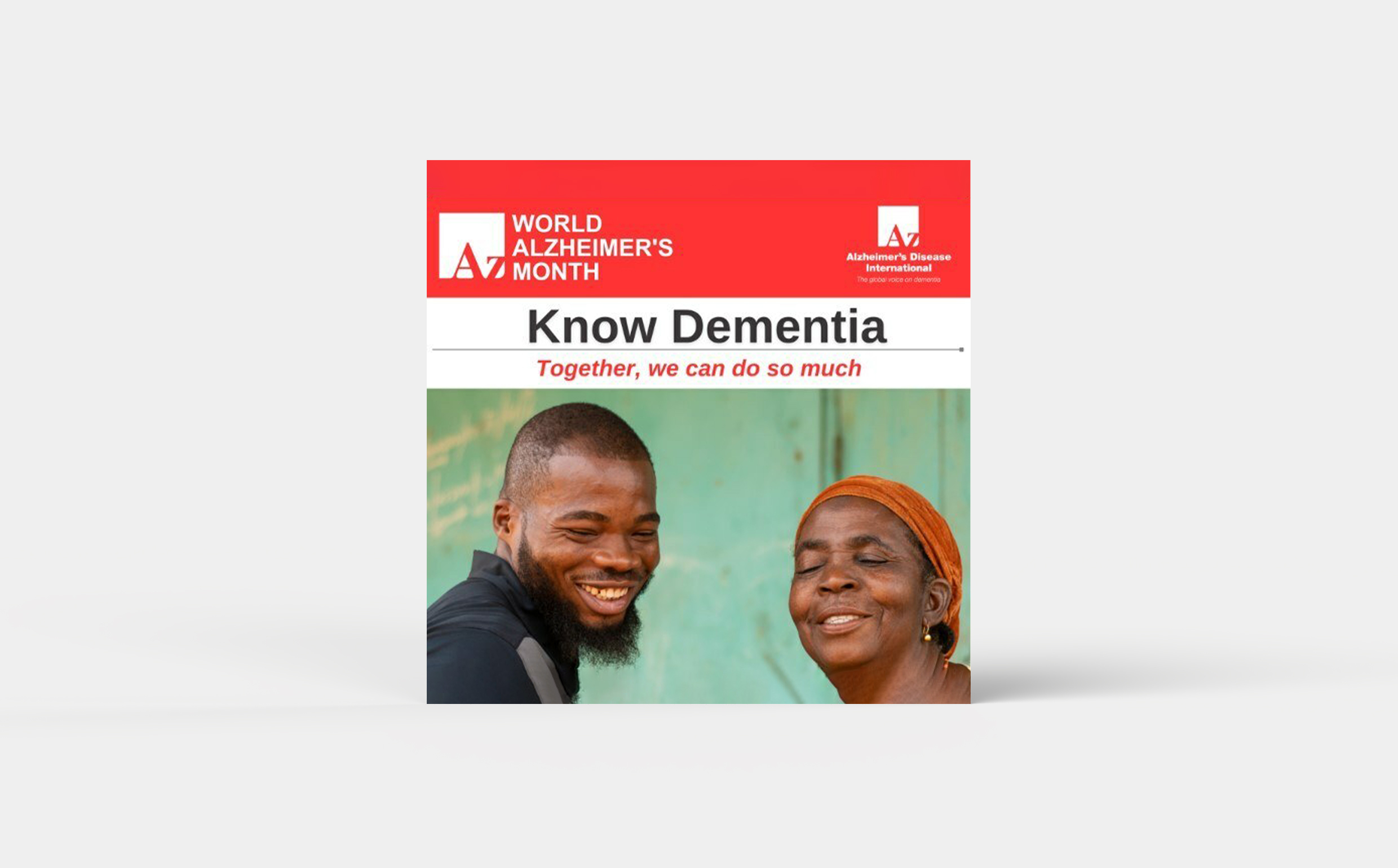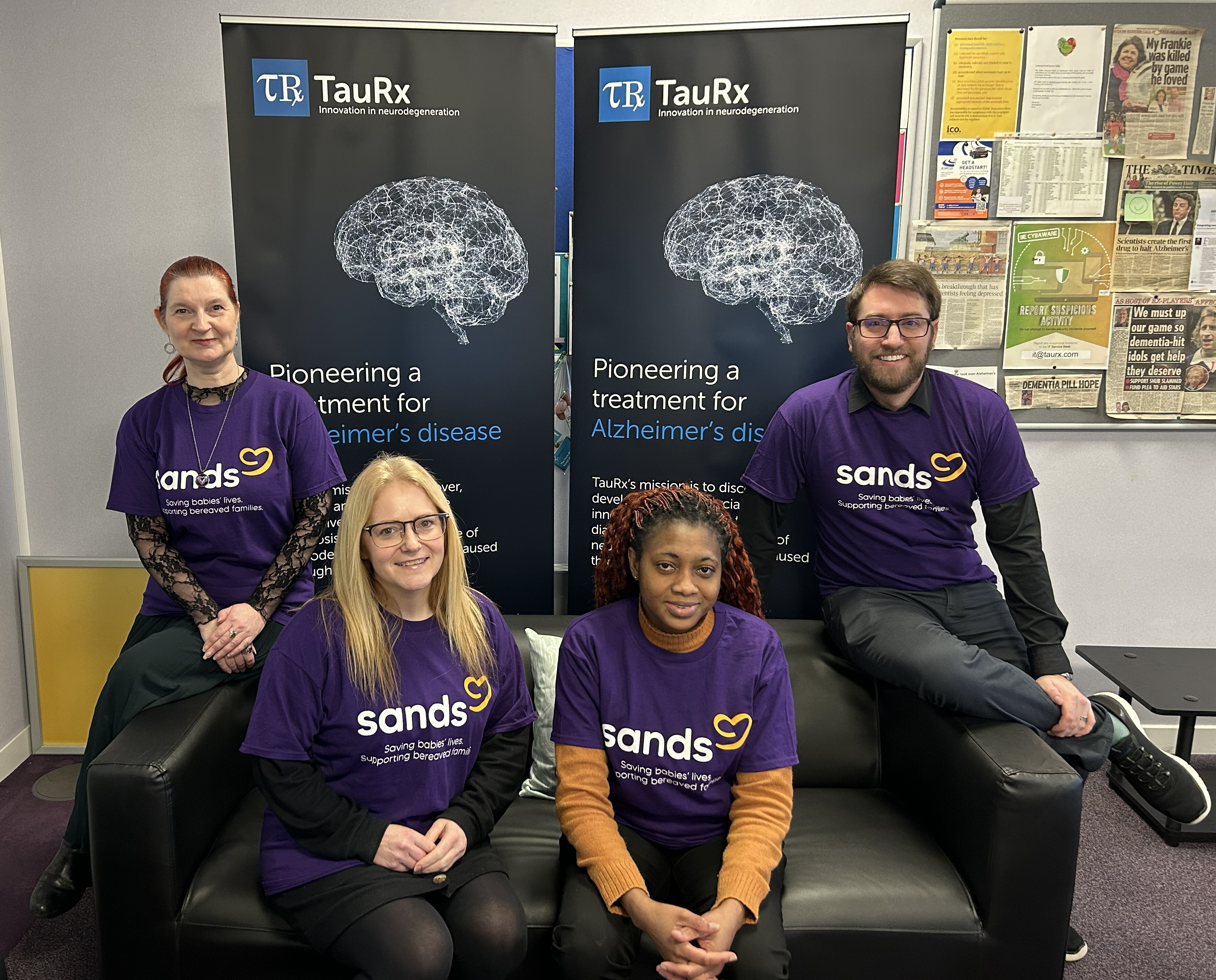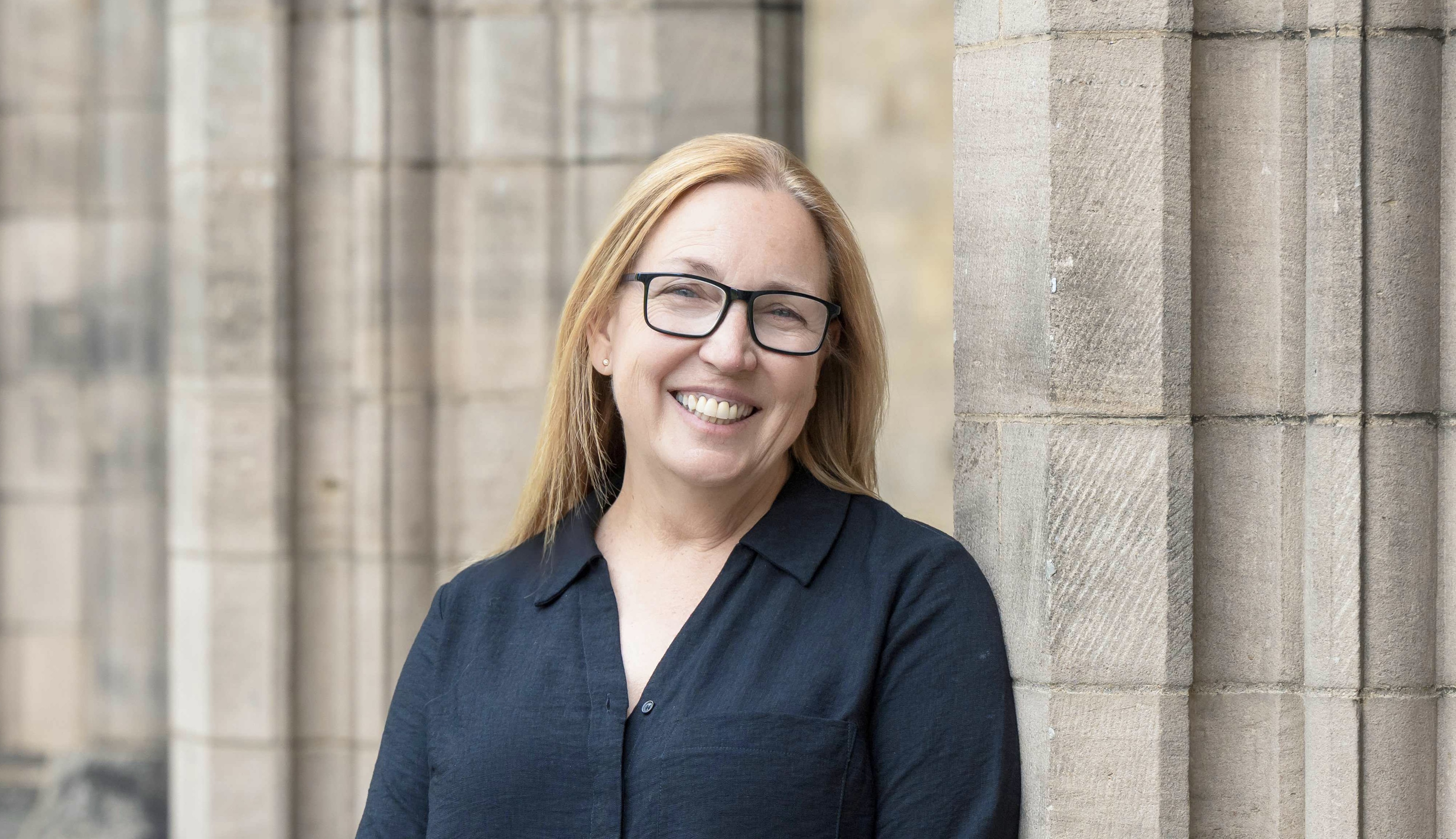GP Virtual Appointments
This year, the theme of World Alzheimer's Month, ‘Know Dementia, Know Alzheimer’s,’ continues Alzheimer Disease International’s 2021 campaign, which focused on diagnosis, the warning signs of dementia, the continued effect of COVID-19 on the global community and more.
In 2022, the campaign is shining a light on post-diagnosis support. With recent developments and potential breakthroughs in both dementia treatment and care, it aims to highlight the importance of supporting people living with dementia and their families following a diagnosis.
In support of the campaign, we take a look at the effect of increasing virtual appointments, the role of GPs in supporting the growing population of people living with dementia, and how technology advancements can support early diagnosis and treatment plan monitoring, both in-person and virtually.
The implications of virtual care
A good bedside manner has always been an important quality in doctors, but especially so for those working with dementia patients. It builds trust and reassurance allowing for greater openness and communication to support diagnosis and strive for optimal care. These attributes are needed more than ever, given the added burdens created by the Covid-19 pandemic.
Although the world is now emerging from the pandemic, virtual consultations look set to become routine. But while virtual care can be implemented successfully to remotely assess and support people with Alzheimer’s Disease (AD), this approach has major implications for the estimated 850,000 people in the UK who are living with dementia and their families.
According to the Lancet, the number of face-to-face GP appointments in England fell by nearly 70% between February and April 2020 during the first COVID-19 lockdown and by August 2021, telephone consultations had almost trebled.
A major study by the Harvard Kennedy School found that deaths among people with AD increased by more than a quarter in the first year of the pandemic and suggested remote appointments as a contributing factor, as more undiagnosed people with dementia were denied the clinical, emotional, and practical support they would have normally received.
On top of this, remote consultations may prove trickier to navigate for older people who are less digitally savvy and who may be more easily confused during a virtual appointment, while also presenting barriers to conducting physical examinations and carrying out blood tests.
The benefits of technology
Virtual consultations do have several potential advantages for people with dementia such as saving them the time and stress of travelling to the surgery, especially for patients with impaired mobility. It also means that patients who don’t have convenient access to a GP, for example those who live in rural areas, can more easily access specialist care.
It also provides the benefit of allowing people with dementia to remain in the familiar and comfortable surroundings of their own home during a virtual consultation, which can often reduce the disorientation that arises from entering a strange environment like a doctor’s waiting room.
As virtual care becomes a standardised approach to healthcare delivery, adaptations must be made to meet the specific requirements of people with dementia. There are encouraging signs that this is both possible and desirable but relies on ensuring that diagnostic tools designed for face-to-face tests are developed, adapted and refined for use in a virtual environment.
GT Diagnostics is working to change the diagnostics landscape in dementia. Whilst TauRx focuses on progressing potential treatments to address Alzheimer’s disease, GTD’s mission is to develop and provide the much-needed tools for the early diagnosis of dementia and monitoring of its progression.
Relying on modern technology and artificial intelligence, these internet-based tools range from wellbeing apps that can be used in the comfort of people’s homes to professional applications that are deployed by experts.
The crucial role of GPs in the care pathway
Whether the route is virtual, in-person or a hybrid of the two, it is vital that the people on the frontline of delivering primary care - GPs, specialists and carers - have the expertise, support, and resources to create a sustainable shared care pathway that offers quality service for people with dementia.
The involvement of GPs in dementia care has been expanding in recent years as they take on more involvement for long-term and shared care. Experts in this field believe that GPs should share a central role in providing rapid and accurate diagnosis of dementia, through treatment, post-diagnostic support and follow-up care, right up to end-of-life care.
For people with dementia, their GP’s bedside manner and sympathetic screen presence matter, but an effective care pathway, patient-centric and easily navigable, is the most important consideration of all.






